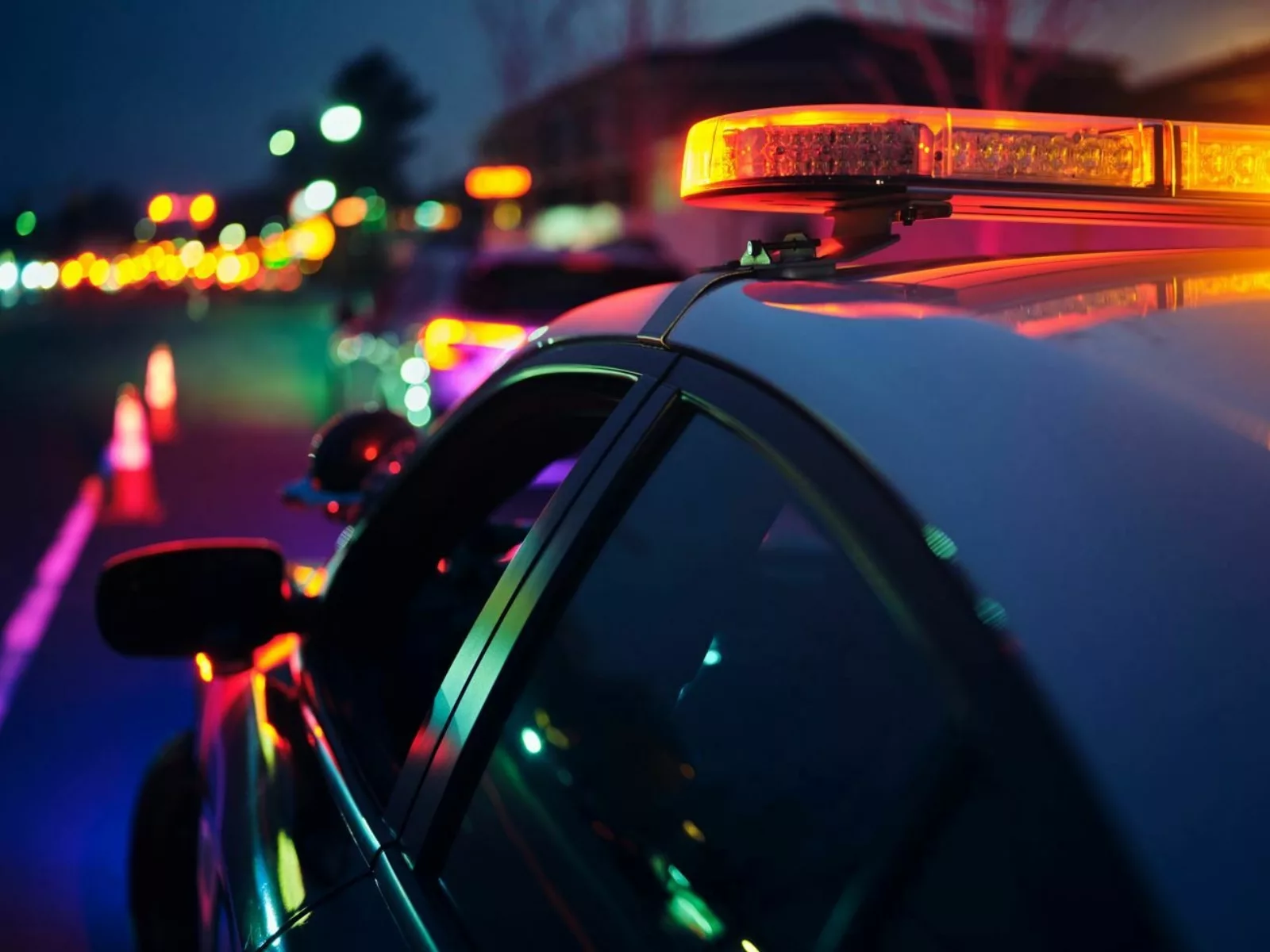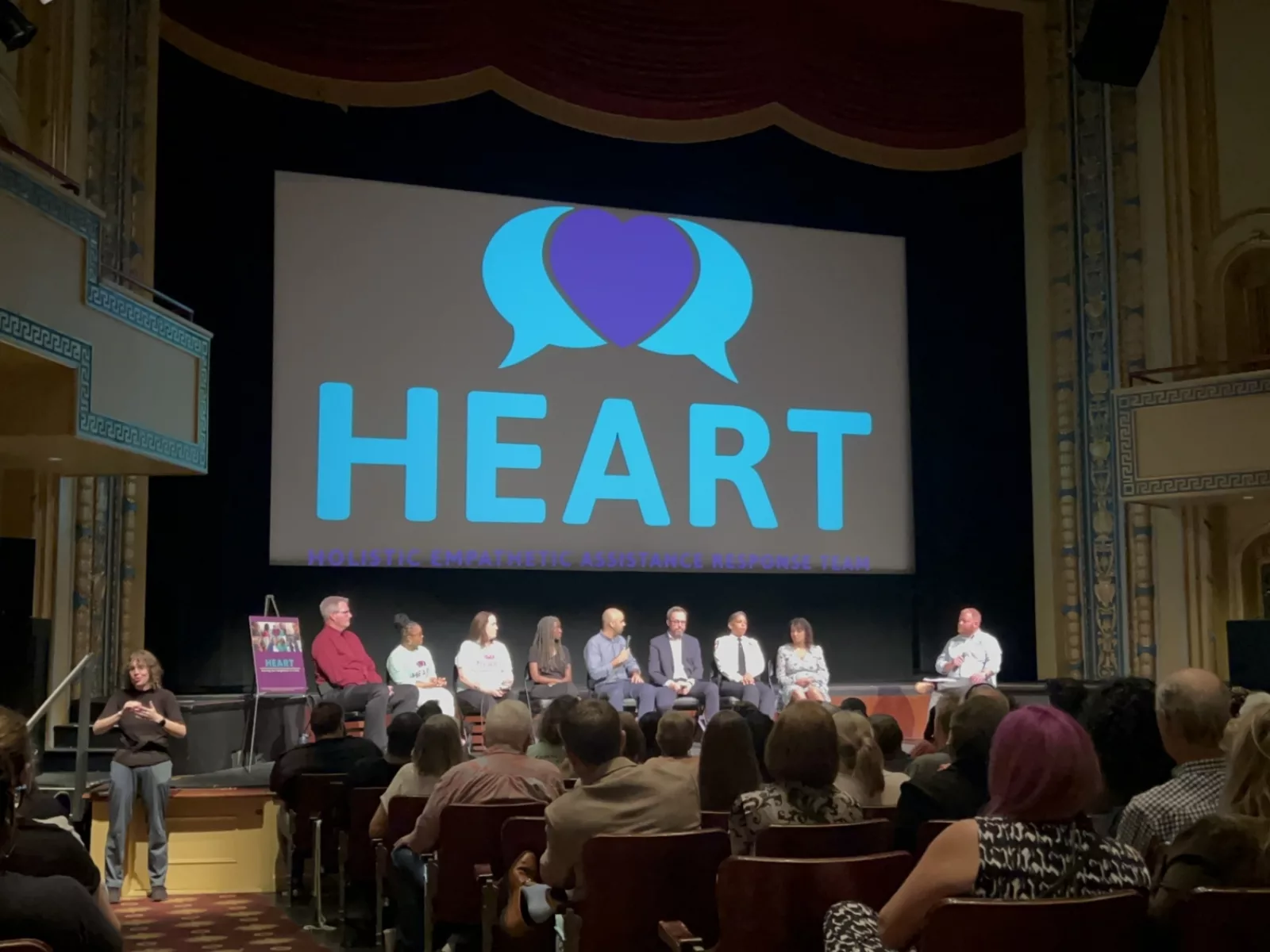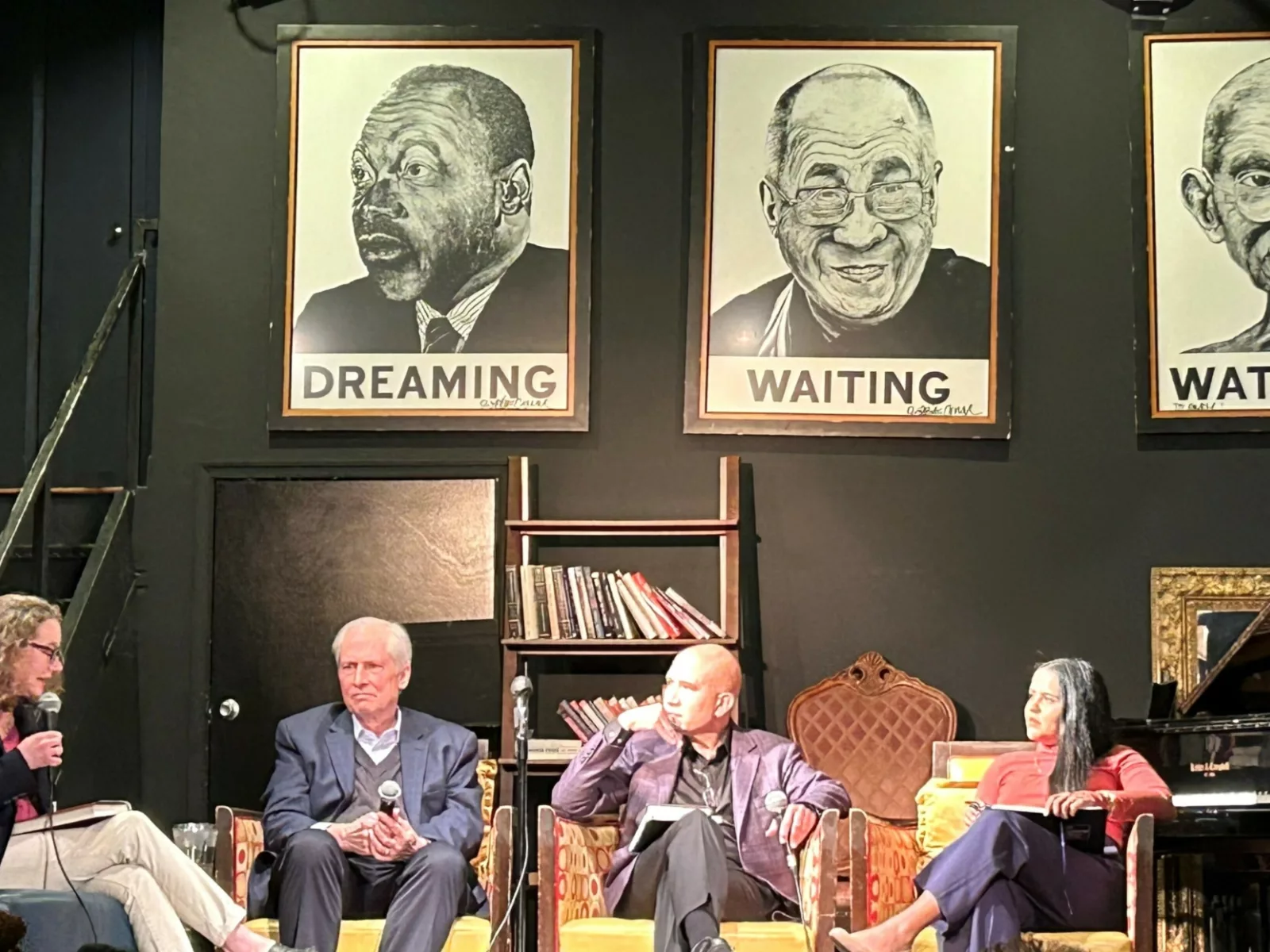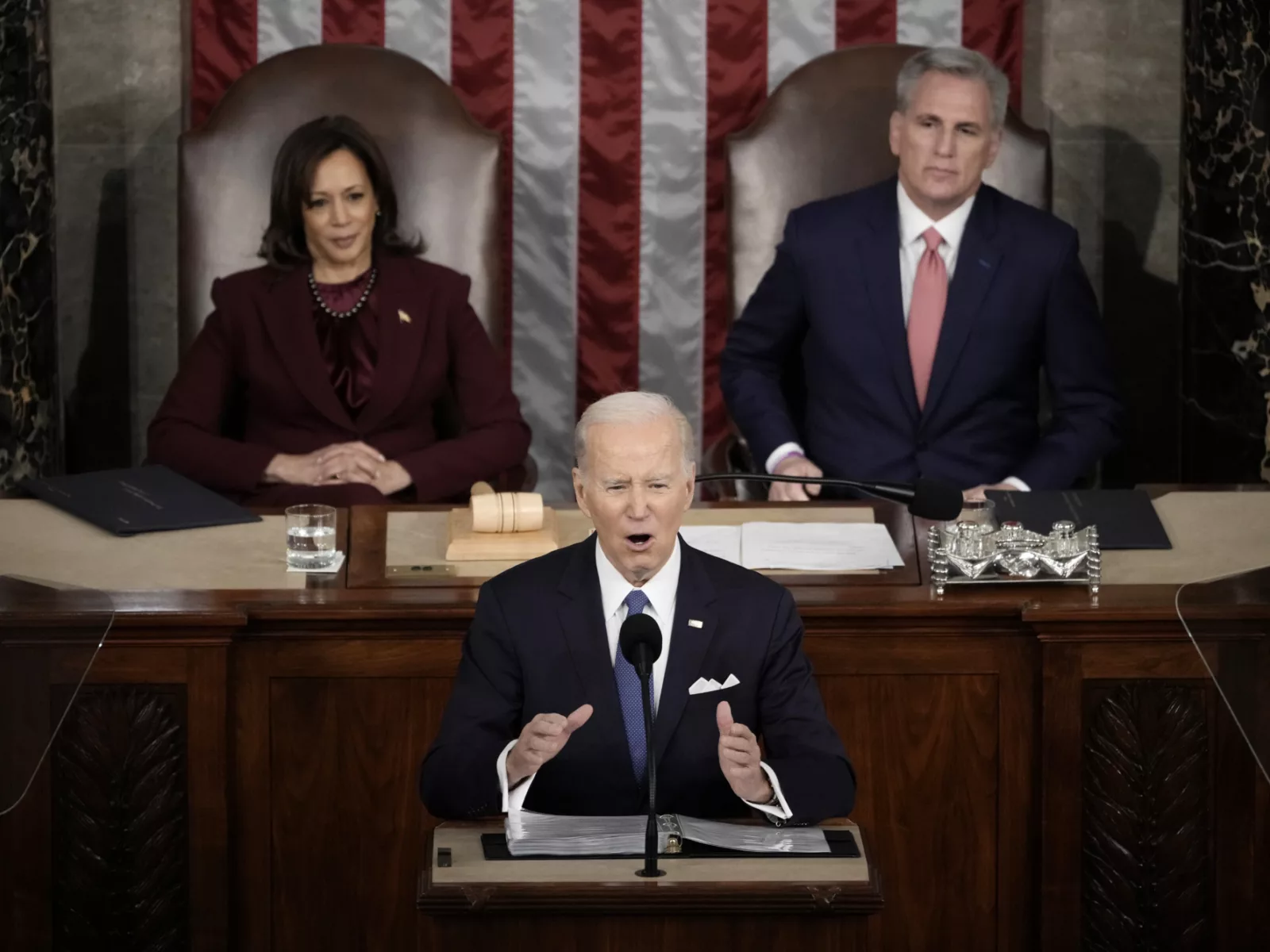Major news outlets aimed their reporting muscle and critical voice at the cause of racial equity and criminal justice last year, and last week that work dominated the nation’s most prestigious journalism awards.
Wesley Morris of the New York Times received the Pulitzer Prize for Criticism award for his first-person essays on the intersection of race and culture in the United States. Reuters won a Pulitzer for Explanatory Reporting for its series on how “qualified immunity” shields police who use excessive force from being held legally accountable. The Tampa Bay Times’ award for Local Reporting was for an expose on how a sheriff built a miniature intelligence operation that harassed residents and profiled children. The Marshall Project received the National Reporting award for a year-long investigation of how police K‑9 units inflict harm on Americans. Robert Greene of the Los Angeles Times won an Editorial Writing Pulitzer for a series about the city’s criminal justice system.
Even the New York Times’ public service award for its coverage of the coronavirus — a story that dominated global news — highlighted how the reporting covered racial inequities exposed by the pandemic.
And, stepping outside the usual big-name winners, the Features award was given to a freelance writer at Runner’s World — Mitchell S. Jackson — for his piece on Ahmaud Arbery, a black man fatally shot while on a jog.
But in the real break from tradition, the Pulitzer board saved space to recognize the act of citizen journalism that arguably made the related reporting even more impactful: a special citation for Darnella Frazier, the then-17-year-old girl who recorded on her phone the murder of George Floyd by Minneapolis police officer Derek Chauvin.
Her courageously recorded 9 minute, 29 second video, according to the Pulitzer board, “spurred protests against police brutality around the world, highlighting the crucial role of citizens in journalists’ quest for truth and justice.”
A teenager who worked at the mall decided to turn on her phone’s camera, and journalists across the nation went to work.
Her video received more than 1.8 million views on Facebook, and over the following month an estimated 20 million people joined protests that covered nearly half of all counties in the United States. This historic outrage was extraordinary not because Floyd’s murder under the knee of a law enforcement officer marked a rare moment of injustice. To the contrary, police brutality is all too routine and accountability remains all too rare. Even before Floyd’s death in May 2020, Breonna Taylor was killed in her own home by Louisville police officers, and Arbery was shot to death when his jog was interrupted by a former law enforcement officer and his son who saw a Black man running and decided the law needed to be taken into their own hands. Yet Frazier’s unblinking lens revealed to the world a reality that couldn’t be denied. In this reality, a man can beg for his life — “I can’t breathe” — and his pleas to police will go ignored. And justice, ultimately, was served only because a young woman had courage and a phone.
“The world needed to see what I was seeing,” Frazier said in an interview with the Minneapolis Star-Tribune, which received the Pulitzer for Breaking News Reporting for its coverage of Floyd’s murder.
For too long, too much of the nation had refused to see it, believe it, insist on or make lasting change.
This one moment, this Pulitzer-prize worthy act of citizen journalism, serves as a clanging cymbal among the nation’s drumbeat of injustice that Arnold Ventures was created to confront through evidence-based policies that preserve beyond a single video, or news cycle, or even international movement.
The world needed to see what I was seeing.Darnella Frazier 17-year-old recipient of a Pulitzer Special Citation
This mission, inextricably linked to the pursuit of racial equity in the United States, takes on newfound importance as journalism and free speech have come under attack in our country and politicians strive to pass laws limiting how public schools can teach the history of racism. A goal of maximizing opportunity and minimizing injustice means we cannot shy away from asking the tough questions and speaking the hard truths about how racial injustice remains a constant and persistent thread throughout nearly every aspect of U.S. society — an injustice largely perpetuated by criminal courts that exact unnecessarily punitive consequences, by unaccountable policing that acts more like an occupying force than public service, by pretrial detention that keeps people behind bars simply because they don’t have enough money, and by collateral consequences that erect perpetual economic barriers to people trying to contribute to their neighborhoods and communities.
If the nation is going to heed the call to action inherent in this year’s Pulitzer Prizes, then the very nature of these systems themselves must be upended and reformed. Frazier filled her role as a responsible citizen, and she has suffered from it. On the anniversary of Floyd’s murder, she wrote on Facebook about how her family felt compelled to move because her “home was no longer safe.”
“Frazier did do something that will live on in American and global history,” Mikki Kendall, author of “Hood Feminism: Notes from the Women That a Movement Forgot,” wrote for CNN. “[S]he filmed the truth of police brutality, highlighting the sheer absurdity of the ways extrajudicial murder by state actors like law enforcement has been normalized and justified. In many ways, she has sacrificed a part of herself to bear witness to a horror that most of America has yet to fully confront, much less resolve.”
Policymakers, law enforcement leaders, activists, and researchers must work together to maintain the energy and action of the moment to ensure that Frazier’s sacrifice wasn’t made in vain.
We cannot let Frazier’s Pulitzer be the kicker to the story.






















